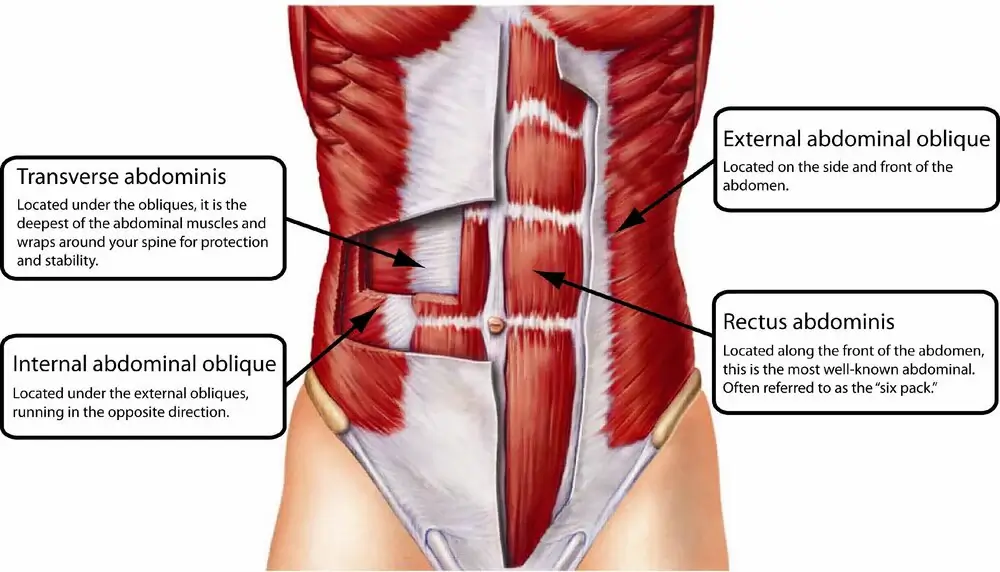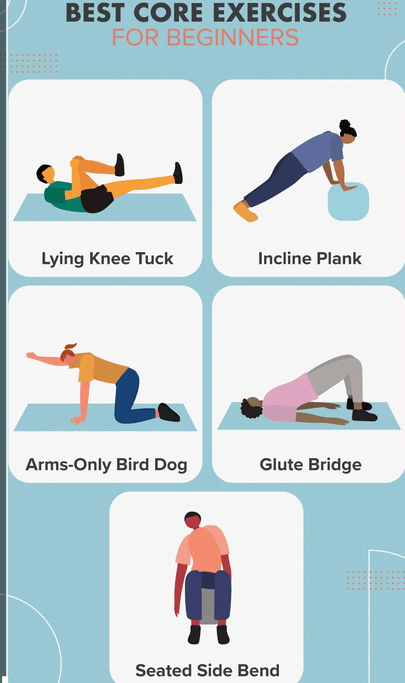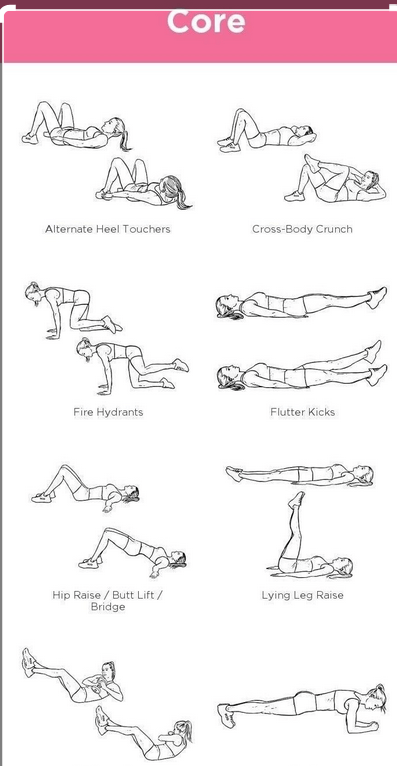
When you hear "core strength," you might immediately think of a six-pack. However, your core is far more than just your abdominal muscles. It's a complex group of muscles that includes your abdominals, back extensors, obliques, and pelvic floor, all working together to stabilize your spine and pelvis. A strong core is the foundation of almost every movement you make and is crucial for overall health, injury prevention, and athletic performance.
Why is Core Strength So Important?
Your core acts as the body's powerhouse, transferring force between your upper and lower body. Its importance cannot be overstated:
- Prevents Back Pain: A weak core is a common culprit behind chronic lower back pain. Strong core muscles support your spine, reducing strain.
- Improves Posture: A strong core helps maintain proper alignment of your spine, preventing slouching and reducing tension in the neck and shoulders.
- Enhances Balance and Stability: Core muscles are vital for maintaining balance, whether you're walking, standing, or performing dynamic movements.
- Boosts Athletic Performance: Nearly all sports and physical activities rely on a strong core for power, agility, and efficient movement.
- Reduces Risk of Injury: By providing a stable base, a strong core protects your spine and limbs during physical activity.
- Supports Daily Activities: From lifting groceries to getting out of bed, core strength makes everyday tasks easier and safer.

How Physiotherapy Can Help You Build a Strong Core
Many people perform core exercises incorrectly or focus only on superficial muscles. A physiotherapist can provide expert guidance to ensure you engage the right muscles and build functional core strength:
- Accurate Assessment: Identifying any core weaknesses, muscle imbalances, or dysfunctional movement patterns that contribute to pain or poor performance.
- Targeted Exercises: Teaching you how to activate and strengthen your deep core muscles (e.g., transverse abdominis, pelvic floor) effectively, progressing to more advanced exercises as you gain strength.
- Proper Form and Technique: Ensuring you perform exercises correctly to maximize benefits and prevent injury.
- Integration into Movement: Guiding you on how to engage your core during daily activities and sports to improve efficiency and reduce strain.
- Addressing Pain: If core weakness has led to back pain or other issues, physiotherapy can help alleviate symptoms while building foundational strength.

Simple Core Exercises to Get Started
Here are a few foundational core exercises:
- Pelvic Tilts: Lie on your back, knees bent, feet flat. Flatten your lower back into the floor, tilting your pelvis up.
- Dead Bug: Lie on your back, knees bent, arms extended. Slowly lower opposite arm and leg while keeping your core engaged and lower back flat.
- Bird-Dog: On hands and knees, extend one arm forward and the opposite leg backward, keeping your back flat and core stable.
- Plank: Hold a straight line from head to heels, supported on forearms and toes.
Start with proper form and gradually increase duration or repetitions. Remember to consult a physiotherapist, especially if you have existing pain or injuries, to ensure a safe and effective program.
Building a strong core is an investment in your long-term health and well-being. At Arogya Physiotherapy, we can help you create a personalized core strengthening program that addresses your unique needs and goals. Empower your body from the inside out – contact us today.